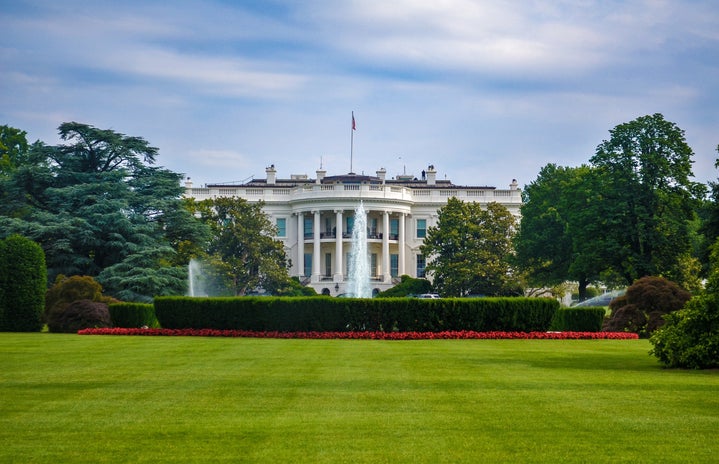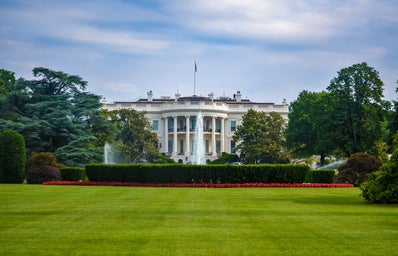It’s been just over a year since San Francisco 49ers QB Colin Kaepernick first sat in protest during the national anthem in a preseason game against the Green Bay Packers. Kaepernick referenced the recent police shootings of African Americans, particularly Alton Sterling, and stated that he would not “show pride in a flag for a country that oppresses black people and people of color.”
An outpouring of responses, both negative and positive, flooded social media platforms. Critics condemned Kaepernick as disrespectful to veterans and military personnel who died for the flag, while supporters insisted that Kaepernick was exercising the very rights the military fought for. After a conversation with former NFL player and veteran Nate Boyer, Kaepernick decided to kneel rather than sit.
Then, slowly but surely, athletes began joining Kaepernick. Eric Reid, 49ers safety, chose to kneel alongside Kaepernick on September 1st, maintaining that kneeling was a “more respectful gesture.” At the same time, 490 miles away in Oakland, Seahawks center back Jeremy Lane sat on the bench in solidarity. Several days later, Seattle Reign soccer player Megan Rapinoe chose to take a knee as well. The protest continued to spread, even reaching high school teams.
Many veterans and Gold Star families have come out in support of Kaepernick. Kelly McHugh-Stewart, whose father died in Afghanistan, wrote in the New York Times that “protests are not supposed to be comfortable. They are supposed to incite change- and what these players are doing is working.” The hashtag #VeteransForKaepernick began trending on Twitter.
Kaepernick chose to opt out of his contract with the 49ers in March, 2017. Through the 2017 off-season and training camps, he remained unsigned. While some argue that this is due to his performance, many maintain that the NFL has obviously blacklisted Kaepernick.
One of Kaepernick’s most vocal critics is a particularly prolific one. While speaking in Alabama on September 22nd, President Donald Trump stated that NFL team owners should respond to players who kneel during the anthem by saying, “Get that son of a bitch off of the field right now, he’s fired!” There is a general public confusion as to why Trump picked this moment in time to make a statement regarding the protests, as they have been happening consistently for over a year. Moreover, many citizens are outraged that Trump chose to denounce Kaepernick after calling the Neo-Nazis of Charlottesville “very fine people.”
In response to Trump’s comments, Stephen Curry of the Golden State Warriors announced that he would not be visiting White House in February. Cleveland Cavaliers forward Lebron James came out on Twitter in support of Curry. Roger Goodell, commissioner of the NFL, called Trump’s statement “divisive.”
In the biggest anthem protest yet, players all across the country responded to Trump’s comments. The Baltimore Ravens, Cleveland Browns, and Dallas Cowboys number among these teams. Some players kneeled, some players linked arms, and some players split 50/50. Many teams chose to issue statements criticizing Trump’s remarks, expressing the importance of unity. The owner of the Cowboys is a well-known Trump supporter, so it was surprising to many when he kneeled alongside his team.
Kaepernick has been protesting during the anthem since Former President Barack Obama was in office. Obama, however, holds a different perspective than 45. Last September, Obama responded to Kaepernick’s protest by emphasizing the importance of listening to each other. He added that we must hear and understand that the pain a military family might go through seeing somebody kneel for the anthem, but also consider the pain a family goes through losing a child to police brutality.
Kelly McHugh-Stewart wrote in the New York Times, “My father did not die for symbols. He died for people. He died for the rights of all Americans, regardless of their race or religion. Right now, some Americans still face inequality. So they protest and create change.” It’s important that celebrities and people with such a public platform use their influence and power to speak out for what they believe in. Kaepernick is clear in his message: he does not hate America. Rather, he hates the systematic racism he believes still plagues America and he intends to use his celebrity to work toward changing that.

